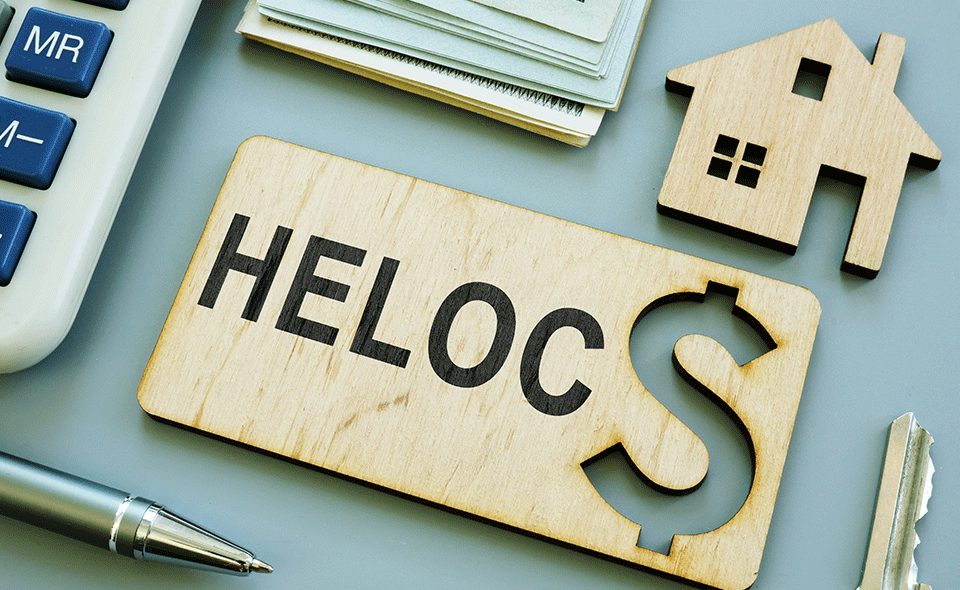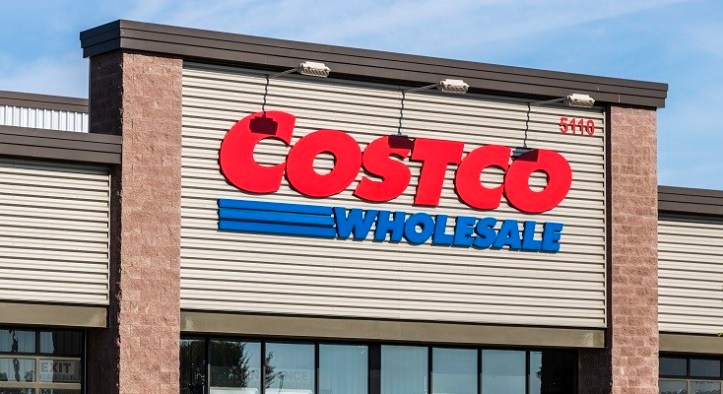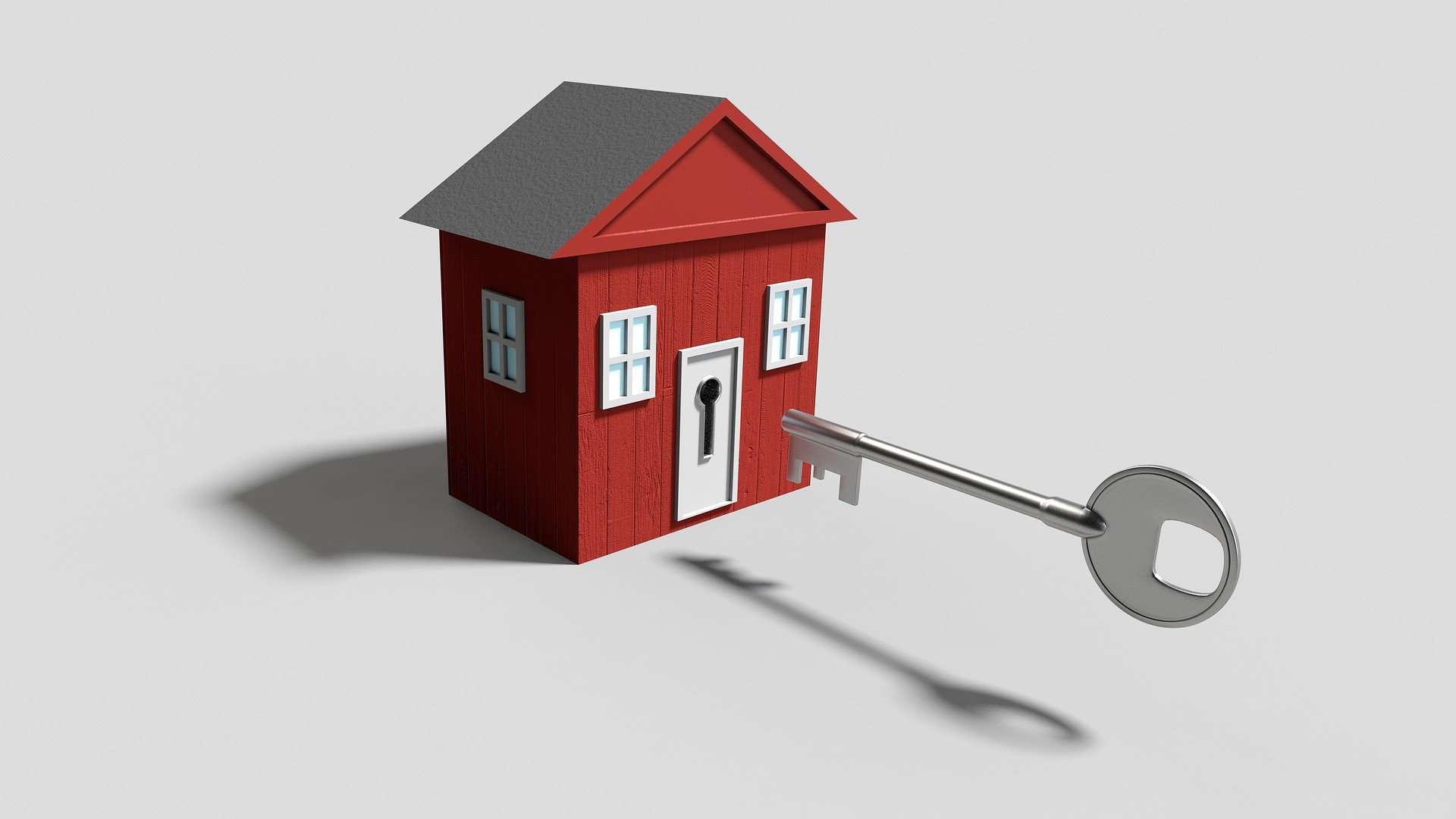HELOC stands for Home-Equity Line of Credit is a loan secured by your home that must be paid in a lump sum, and it usually has a fixed monthly payment and interest rate.
Home equity loans and lines of credit are secured against the value of your home equity. Therefore lenders may be able to offer lower rates than other types of loans.
HELOCs are a great source of money for homeowners to use for large purchases, renovations, or alternative debt payment. Read on to learn more about HELOCs, and things to know about them.

Using a HELOC or Home Equity to Consolidate Debt
One of the advantages of home ownership is the ability to build equity with time. You can use this equity to secure a low-cost fund or loan to pay for you if you have other debts, like mortgages, or credit card debt.
Therefore, you can use this line of credit, which comes in a lump sum to consolidate your other debts. Many lenders and banks are willing to offer a HELOC to you because it is secured.
Most secured loans are given at a lower interest rate because they pose less risk to the lender compared to unsecured loans, which are very risky to the lender.
Home Equity Loans can be a great source of money to consolidate debt, which is usually at a higher interest rate. If you have a monthly income and can pay a fixed amount, then it is a good loan to use to pay off other high interest loans.
Basics of Equity Loans
HELOCs and Home Equity Loans all use equity in your home. Therefore, the difference between your mortgage balance and your home’s value is the collateral.
This applies to people that are still paying mortgage for their home. For those that have complete ownership, the collateral is your home’s value and therefore can access more money.
If you have a first mortgage, you can get a second equity loan to finance the first one. When you compare home equity loans to unsecured sources, like credit cards, you’ll be paying less financing fees for the same amount.
Eligibility to Equity Loans
Banks usually support second mortgages just like other home loans. However, each bank has guidelines which dictate the amount of money they can lend based on your property’s value and your creditworthiness.
This depends on a combined loan-to-value ratio. Also, your eligibility for this loan depends on your income, employment history, and credit score. If you have a higher credit score, you pose a lower risk of defaulting on the loan and therefore will get it at a lower interest rate.
Advantages of HELOCs and Equity Loans
HELOCs offer you flexibility to draw on credit anytime you need it. They don’t charge interest payments on the money that you don’t need. HELOCs are ideal for people that need money at different times especially when you need to consolidate debt.
They give you access to a relatively large sums of money, and they come at a lower cost compared to other types of loans.
HELOCs also give you the flexibility to use your loan for any purpose. They give fixed interest rates which is safer for you, as the borrower.
Disadvantages of HELOCs

When you put up your home as collateral, the amount of equity in your home shrinks. In case the real estate market falls, those people with a high combined loan-to-value ratio might lose their home.
Bottom Line
We all get to a period when we need access to money or are drowning in lots of debts. If this happens, you might think of getting a HELOC which comes at a lower interest rate.
HELOCs are offered against the equity value of your home and come in a lump sum. This is a great way to consolidate your other debts, which are usually given on high interest rate.




